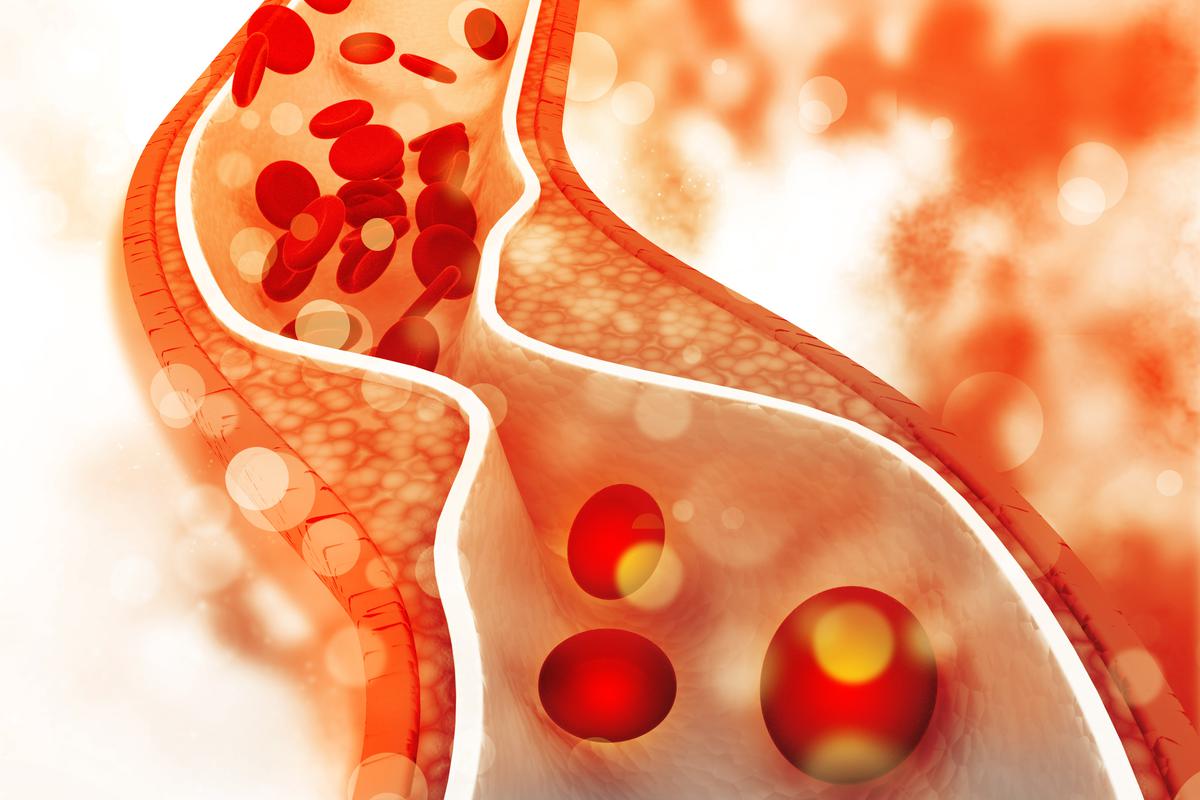Ergosterol, a mycosterol found in fungi, performs a role comparable to cholesterol in animals. This sterol is essential for fungal cell membrane function and plays a critical role in the production of ergothioneine, an antioxidant that protects against oxidative stress.
To lower cholesterol levels in the blood and reduce the risk of cardiovascular disease, statins are used. These drugs act on a pathway that consists of the first 18 steps of the 37-step process that the body uses to produce cholesterol. By inhibiting this pathway, statins reduce cholesterol levels in the bloodstream, which can help prevent plaque buildup in arteries and reduce the risk of heart disease.
The human body has a mechanism to recycle cholesterol, starting with its excretion from the liver and eventual reabsorption into the bloodstream in the small intestine. This recycling process helps maintain cholesterol levels in the body and ensures that cells have enough cholesterol to function properly.
In recent years, researchers have discovered that cholesterol is not only important for maintaining healthy cells but also for brain function. Cholesterol cannot cross the blood-brain barrier, so it is produced and transported by cells called astrocytes. Astrocytes play a crucial role in maintaining healthy brain cells by providing them with enough cholesterol to function properly.
Joseph Goldstein, an American biochemist who discovered the link between high levels of LDL (bad) cholesterol and heart disease, was awarded the Nobel Prize in Medicine in 1985 for his groundbreaking work. His findings paved the way for new treatments for heart disease and highlighted the importance of managing cholesterol levels to maintain overall health.



